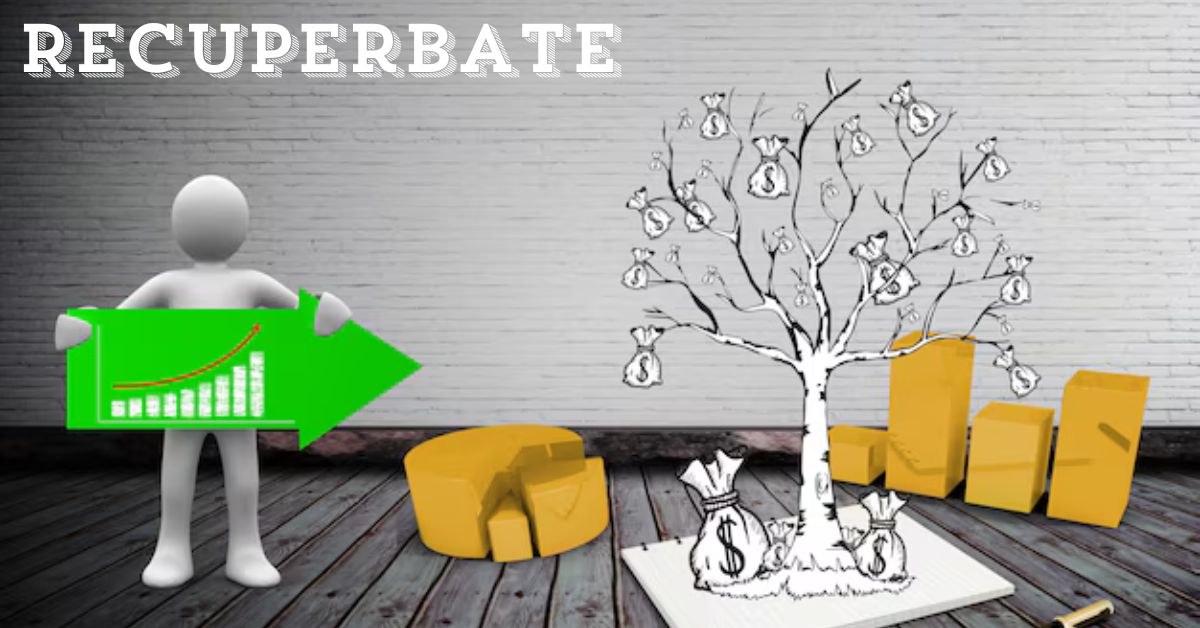Often connected with recovery and rejuvenation, the word “recuperbate” has become a more and more important idea in the hectic environment of today. Finding strategies to recover and reenergize is more vital than ever given the continual pressures of job, social responsibilities, and the digital age. Whether it’s mental, physical, or emotional well-being, recovering helps people to get back into balance and energy in their life. Deeply exploring the relevance of recuperbate, its mechanisms, and why it counts in the present day, this paper
The Interpretive Value of Recovery
Fundamentally, recuperbate stresses the need of deliberate recuperation. It goes beyond simple leisure and emphasizes instead on deliberate activities meant to revitalize the body and brain. Burnout is a typical occurrence in our society; therefore, recuperation serves as a counterweight enabling people to stand back, consider, and renew. It is about doing activities or routines that replenish energy and raise general well-being, not about idleness.
Why Healing Is Crucially Important in the Modern World
Many times, the modern way of life gives little opportunity for rest. People can find themselves running on empty under pressure to be active and with continual connectedness. Recovering tackles this by pushing a proactive attitude to personal care. Maintaining mental clarity, avoiding tiredness, and over time increasing production depend on time spent recovering. Giving rehabilitation first priority helps people to function in their personal and professional spheres.
The Science Underlying Recovery
Science backs up the advantages of recovery. Research indicates that consistent recuperation times increase general health, lower stress, and improve brain function. For instance, enough sleep—a fundamental component of recovery—helps to consolidate memories and promotes cognitive performance. In same vein, physical recovery following exercise lets muscles heal and get stronger. These illustrations underline the psychological and physiological value of including recuperbate into daily life.
Mental recovery: restoring emotional equilibrium
Mental recovery is mostly concerned in reducing stress and regaining emotional equilibrium. Clearing the mind and finding peace can come from practices including meditation, journaling, and time in nature. Maintaining concentration and emotional resilience in a time where screen time and information overload rule is mostly dependent on mental recovery. Mental health can be much improved by scheduling time to cut off from technology and practice mindfulness.
Physical Healing: Value of Rest
Maintaining health and energy levels depends on physical recuperation equally importantly. The body requires time to heal and recover following times of great activity or physical hardship. Restoring physical vigor can be accomplished with low-impact exercises like yoga or swimming as well as with stretching and appropriate sleep. Inadequate physical recovery could cause people to feel tired, perform less well, and run more danger of injury.
How can you include recovery into your daily schedule?
Including recuperbate into daily living calls for consistency and purpose. Start by choosing pursuits that rejuvenate and reenergize you. This might be as easy as scheduling time to read a book, going for a little walk after lunch, or doing deep breathing exercises. Setting these events into your calendar guarantees that, even with a hectic schedule, you give recovery top priority.
Recuperbate’s Function in Avoiding Burnout
Burnout is now a common problem especially for caregivers and professionals. One effective weapon for addressing this phenomena is recovery. Those who identify early burnout symptoms—such as tiredness, anger, or a lack of drive—can move pro-actively to recover before things get bad. Regular recuperation techniques serve as a buffer, safeguarding physical and mental health in high-stress settings.
Recover and Increase Office Productivity
Companies are realizing more and more how important recuperbate is for maintaining a qualified workforce. Better job performance and lower absenteeism follow from encouragement of staff members to emphasize self-care, take breaks, and preserve a good work-life balance. Companies who encourage recuperation within their culture usually have better percentages of employee retention and satisfaction. In this sense, recoverable advantages help people personally as well as the business overall.
Recover to achieve emotional well-being.
Emotional recovery is rediscovering joyful and fulfilling hobbies and people. This could call for volunteering for a cause, following interests, or quality time with loved ones. Emotional recovery enables people to feel grounded and content, therefore promoting a better sense of satisfaction and purpose. It also improves relationships since time to recover lets people show up more completely for others.
Recover and understand the part nutrition plays.
The recuperbation process depends much on nutrition. A balanced diet provide the nutrition and energy required for recuperation. Foods high in vitamins, antioxidants, and good fats help to lower inflammation and support general wellness. Maintaining hydration is just as crucial since dehydration can aggravate tiredness and impede recovery. Through dietary choices, people can improve their capacity for optimal recovery.
Digital Detox as a Recovering Tool
A digital detox can be a great approach to recover in a time of always connectedness. Avoiding screens—that of your phone, computer, or TV—allows the brain to relax and rejuvenate. Even brief electronic breaks can help to increase mood, lower eye strain, and sharpen attention. One easy but effective approach to help recuperate is including frequent digital detoxes into your schedule.
The Link Between Creativity and Recovery
Spending time to heal might also increase inspiration. Well rested the mind is more receptive to fresh thoughts and viewpoints. Many creative breakthroughs come about during times of leisure or following periods of recovery. Recuperation is a necessary component of the creative process for authors, artists, and problem-solvers so they may create their finest work.
Obstacles to Recover and Strategies for Rising Above Them
Many people find it difficult to recover well even with its significance. Typical obstacles are time constraints, guilt over breaks, and the belief that rest is useless. Overcoming these obstacles calls for a change of perspective. See that recovery is a need rather than a luxury. Clearly define your schedule, let others know about your demands, and keep yourself in mind of the long-term advantages of rehabilitation.
Conclusion
Maintaining mental, physical, and emotional health in the hectic environment of today depends on a daily habit of recovery. Giving rehabilitation top priority and including it into daily life will help people improve their health, avoid burnout, and increase their output. Whether by mindfulness, physical relaxation, or emotional connection, the process of healing enables individuals to present as their best selves. Recuperbate provides a road to a more balanced and meaningful life as the value of recovery grows more known.
FAQS
What is recuperation, and why should it be sought?
Recuperbate is the deliberate recuperation and rejuvenation process. Maintaining mental, physical, and emotional balance depends on it.
How may I include recuperbate into my schedule?
Start by choosing recharging activities including meditation, exercise, or time with loved ones. Plan these daily activities consistently.
Can recover increase workplace output?
Indeed, by reducing fatigue and supporting mental clarity, recuperbate can boost output. Employers gain from a more focused and healthy workforce.
In what way could diet help in recovery?
A balanced diet offers necessary elements that help one heal. Maintaining hydration and consuming foods high in nutrients will help with recovery.
Does a digital detox cousnt as a kind of recovery?
Absolutely. By allowing the mind and body to relax, breaks from screens help to lower stress and increase focus. One easy approach to heal is by regular digital detoxes.

